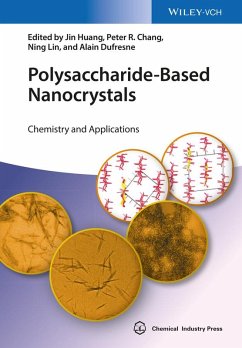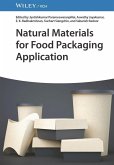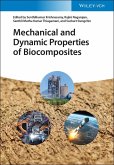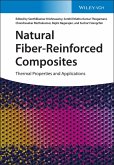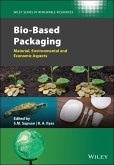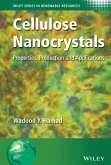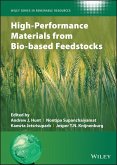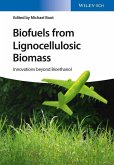Polysaccharide nanocrystals can be derived from the renewable resources cellulose, chitin or starch, which makes them ideal candidates for "Green Materials Science". This versatile material class can be used in nanocomposites such as rubber or polyester, and in functional materials such as drug carriers, bio-inspired mechanically adaptive materials or membranes. Moreover, polysaccharide-based nanomaterials are environmentally friendly due to their intrinsic biodegradability. With its interdisciplinary approach the book gives a thorough introduction to extraction, structure, properties, surface modification, theory, and mechanisms of material formation of polysaccharide nanocrystals from renewable resources. In addition, it provides an in-depth description of plastics, composites, and nanomaterials from cellulose nanocrystals, chitin nanowhiskers and starch nanocrystals. The first focused, concise and coherent treatment of nanomaterials made from renewable resources such as cellulose, chitin, and starch - for scientists, engineers, graduate students and industrial researchers in the field of polymeric materials.
Dieser Download kann aus rechtlichen Gründen nur mit Rechnungsadresse in A, B, BG, CY, CZ, D, DK, EW, E, FIN, F, GR, HR, H, IRL, I, LT, L, LR, M, NL, PL, P, R, S, SLO, SK ausgeliefert werden.

